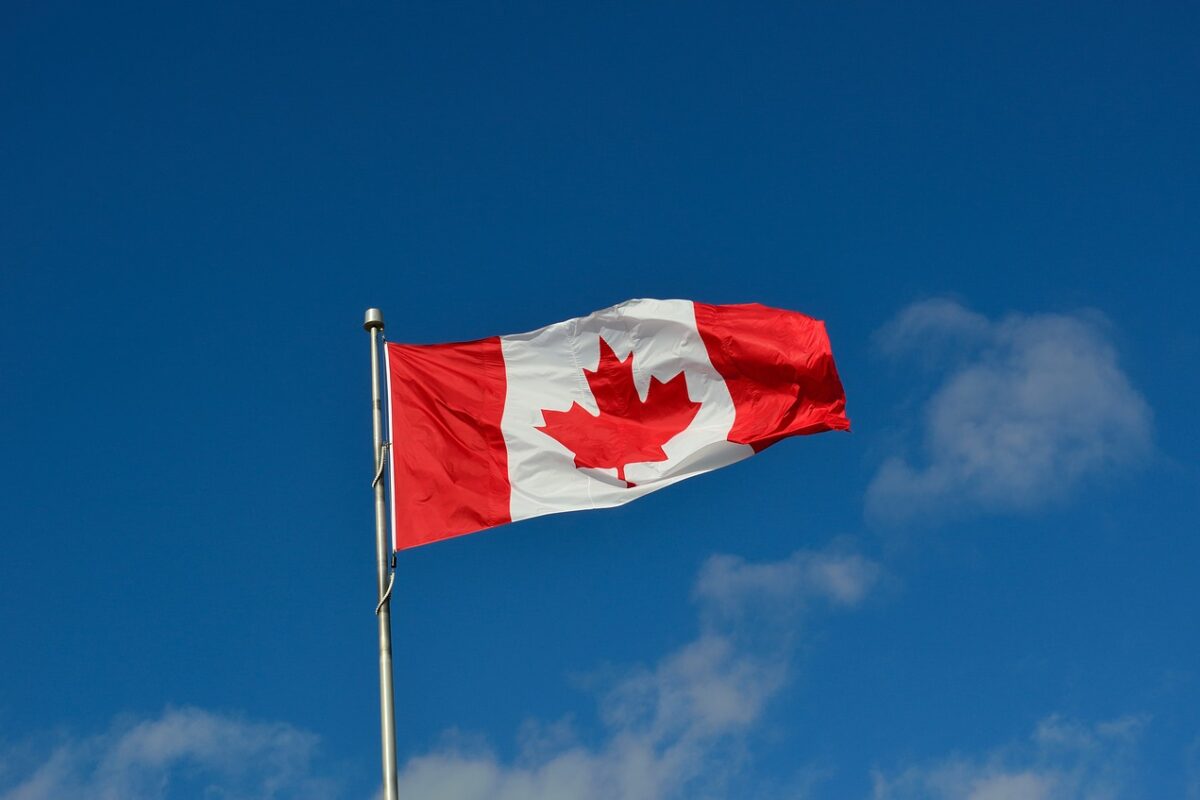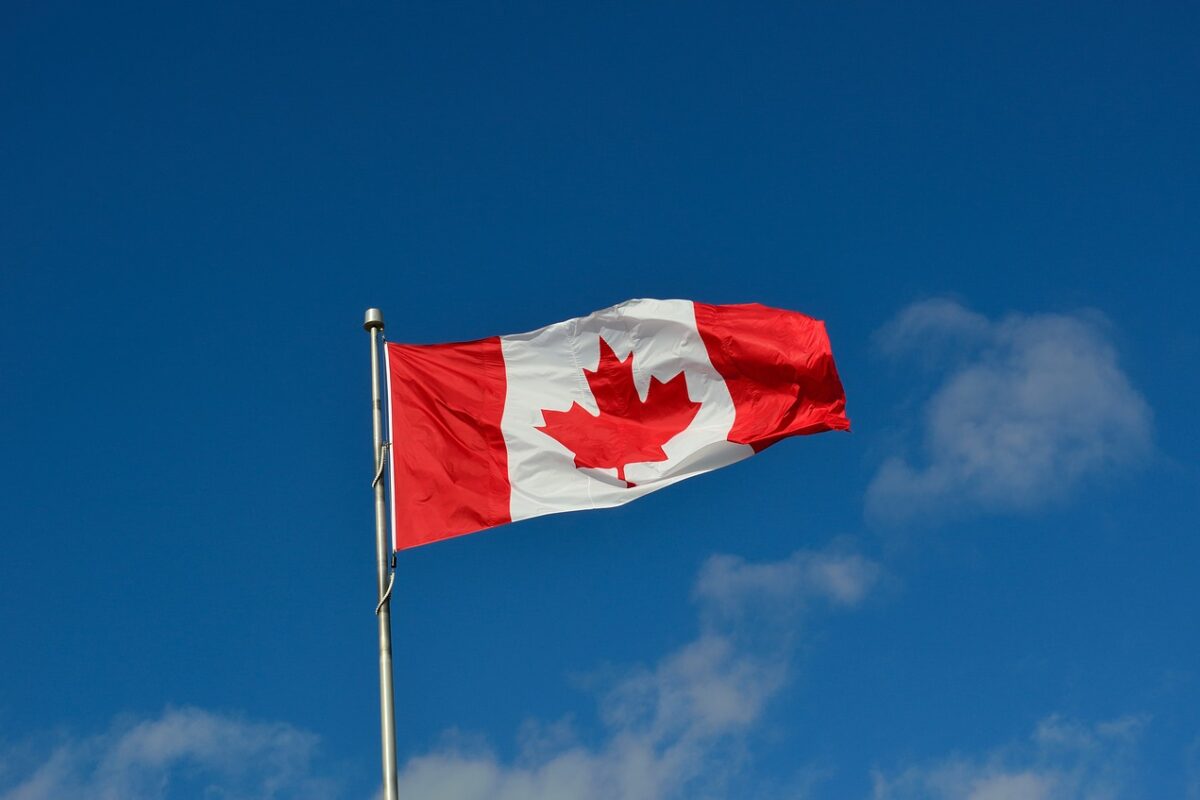People from around the world named Canada as the top country for quality of life according to a study conducted by U.S. News. The study goes into detail about determining factors in what they consider “quality of life.” These things go “beyond the essential ideas of broad access to food and housing, to quality education and health care, to employment that will sustain us, quality of life may also include intangibles such as job security, political stability, individual freedom and environmental quality.” The study found that seven European countries are ranked in the top 10, with Canada being the only country in North America breaking that same threshold. Sweden, Denmark and Norway immediately follow Canada, with Switzerland, Finland, Australia, the Netherlands, New Zealand and Germany also finished in the top 10. The study also outlines how countries which are perceived to have a lower quality of life, did in fact perform most poorly “in areas concerning personal safety and economic opportunity.” Countries such as Iraq, Iran, Lebanon, Jordan, and Angola all ranked at the bottom of the quality of life ranking. Iraq also came in last place for being friendly to families.
Contact us if you are eligible for any Canadian immigration programs.





